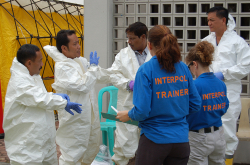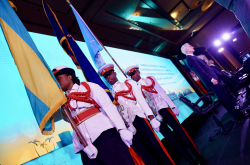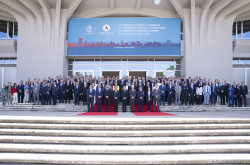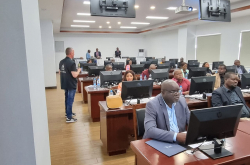KAMPALA, Uganda -- Two INTERPOL events aimed at boosting the fight against African organized crime through effective criminal intelligence analysis have concluded in the Ugandan capital.
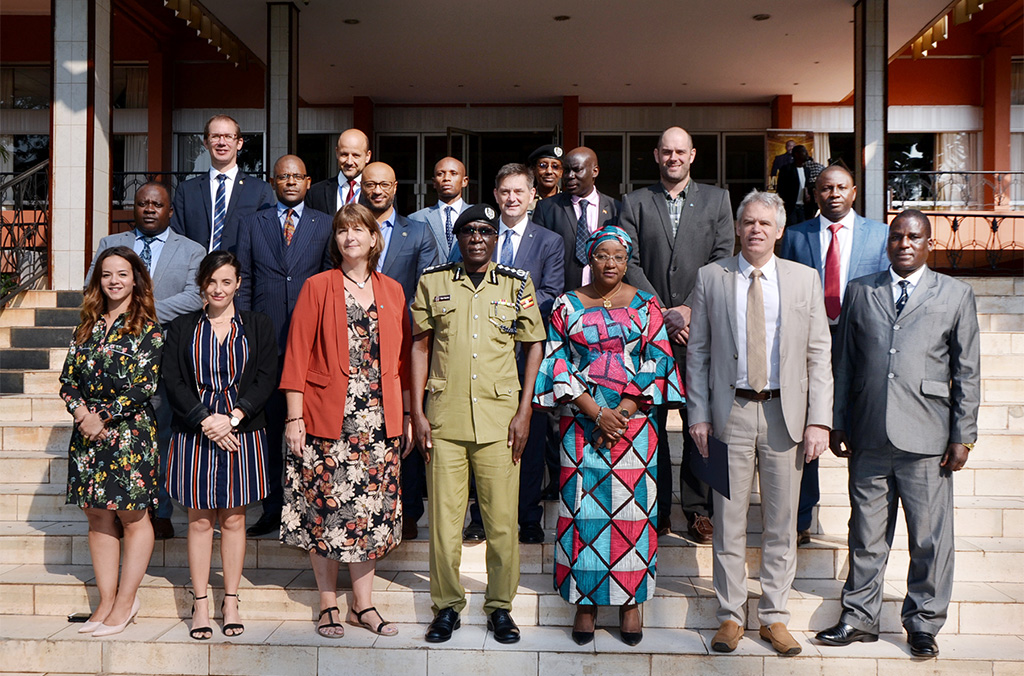
The first two-day (22-23 July) event saw senior law enforcement officers from the Congo, Malawi, Niger and Uganda focus on the importance of criminal intelligence analysis to national security, and how it enhances police investigations.
The second meeting (25-26 July) brought under one roof 22 analysts from each of the four countries to explore how criminal intelligence analysis helps tackle organized crime in Africa in a wide array of crime areas ranging from illegal arms tracking to wildlife crime, cybercrime, terrorism, financial crime, human trafficking and drug trafficking.
The Congo, Malawi, Niger and Uganda each host within their police forces an expert unit responsible for intelligence collection and analysis established by INTERPOL as part of Project ENACT (Enhancing African capacity to respond more effectively to transnational organized crime).
ENACT is an EU-funded project implemented by the Institute for Security Studies (ISS) and INTERPOL, in association with the Global Initiative against Transnational Organized Crime.
Representatives of the Delegation of the European Union to Uganda also attended both events.

INTERPOL is committed to assist African police adopt proactive strategies to address organized crime threats, facilitate information exchange and improve their investigative skills. It is in this context that the ENACT-INTERPOL team helped open the four specialized units within the four police forces between 2018 and 2019.
The first development-focused project to cover the entire African continent, the three-year ENACT project (2017-2019) aims to holistically tackle the impact of transnational organized crime on development, governance, security and the rule of law in Africa.






